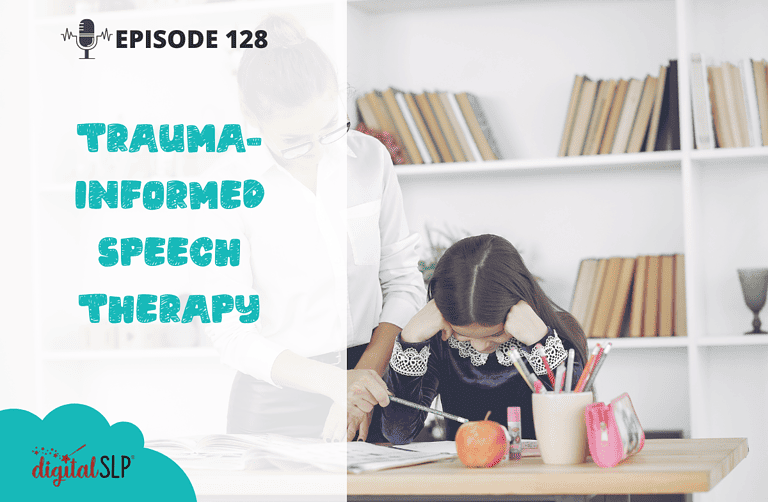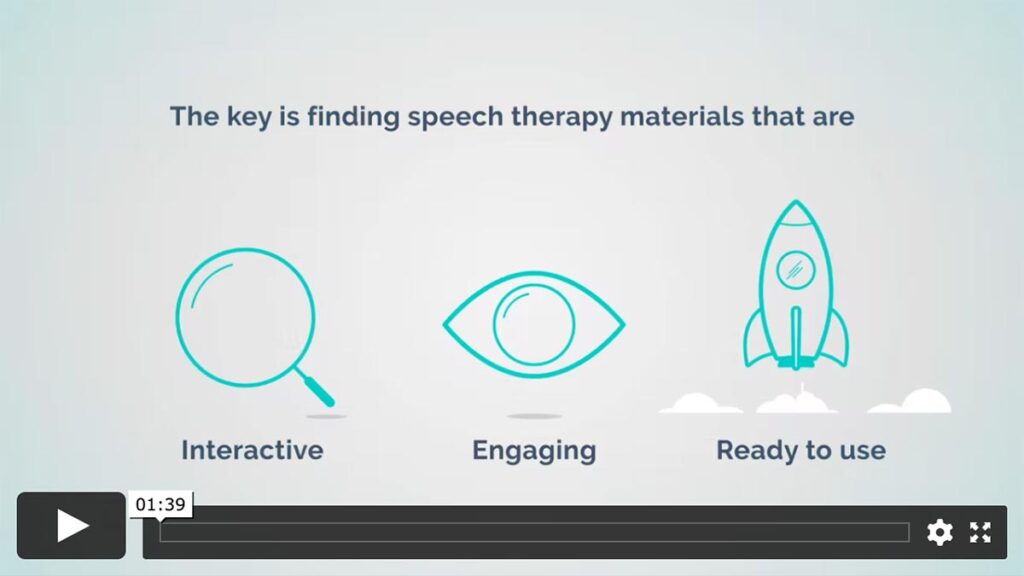This podcast episode discusses trauma-informed speech therapy, and how the principles of trauma-informed care can help us create an environment where all students feel safe and ready to learn.
I talked about trauma previously on the podcast in Episode 104. In that episode, I covered the definition of trauma, and examined related topics, including Adverse Childhood Experiences and secondary trauma.
In today’s episode, we’ll review the idea that trauma is not about any one type of event; it’s related to how a person is affected by an event. We’ll also discuss collective trauma, which results from an event that affects a whole society; e.g., the COVID-19 pandemic.
The core of any trauma-informed care is a mindset shift that encourages us to ask “What happened to you?” instead of “What’s wrong with you?”
Trauma-informed care is defined by four main assumptions:
- We know what trauma is, and we realize the impact that it can have.
- We can recognize the basic signs of trauma.
- We can respond appropriately to trauma by adjusting our approach as needed.
- We actively resist re-traumatization.
Trauma-informed care is then guided by six main principles:
- Safety
- Trustworthiness and transparency
- Peer support
- Collaboration and mutuality
- Empowerment, voice, and choice
- Cultural, historical, and gender issues
In this episode, we’ll talk about each of the assumptions and principles, and I’ll offer practical ideas for what they might look like in the world of speech therapy.
If you’re looking for engaging, interactive, and time-saving speech therapy materials that both students and SLPs will love, check out what the Digital SLP® membership site has to offer, or sign up for our 30-day free trial for instant access to more than 2000 engaging, high-quality resources. Our TPT store is also available!













Recent Comments